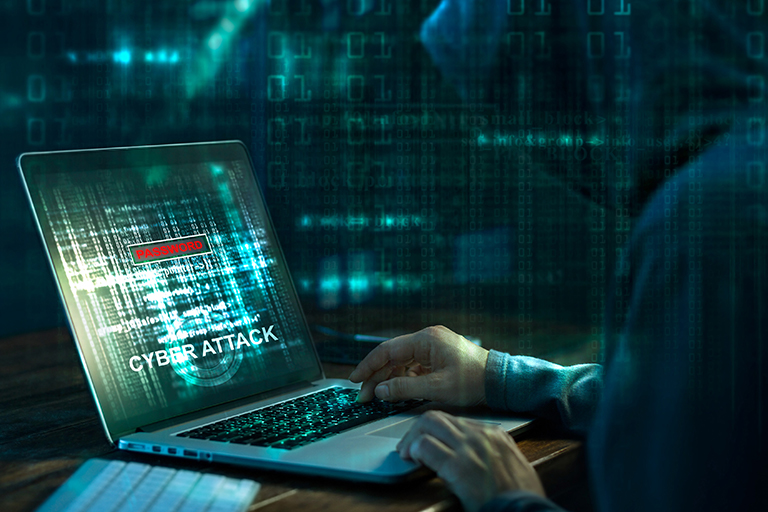Electric cooperatives protect the private information of members and ensure hackers don’t tamper with the reliability of the electric grid, but consumers have a lot at stake, too.
Cyber criminals all over the world are on the prowl through the internet, and they’re getting better at what they do, according to the team of cyber security experts at the National Rural Electric Cooperative Association.
“The bad guys tend to be a step ahead and we’re always going to be playing catch-up, so you’re never going to be 100 percent secure,” says Barry Lawson, a senior director of regulatory affairs at NRECA. He adds, “But it’s not something to be afraid of. There are basic steps people can take to provide good layers of protection.”
The first step is to make cyber hygiene a habit. Incorporate basic security steps into your daily mind-set.
Start by creating a strong password, especially for your main password that allows primary internet access, such as the ones that open your computer, phone and wireless router. Make it something you can remember, like the initials to a familiar phrase or a line from a favorite poem or song. Add a memorable number to make the password more complex. You should change your password every six months, so if you’re using a poem or song, move to the next line or verse every time you update your password.
And find a safe way to keep track of your passwords. There is software to help or password books that you can lock in a safe place.
Also, keep your software updated. Often the updates include patches to protect against new security threats. But don’t click on any links or attached files in emails (including supposed software updates) that seem suspicious. If you’re not expecting the email, check the application’s website to make sure the update is legitimate.
Make being vigilant at habit. Stay one step ahead of hackers and thieves.

